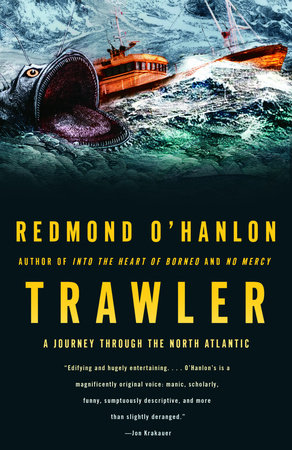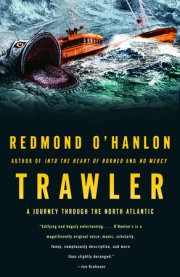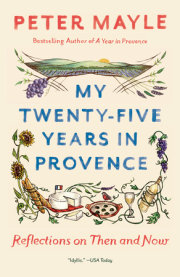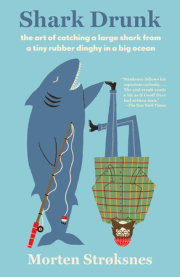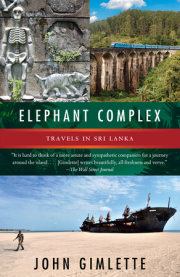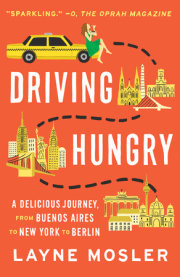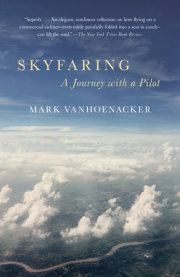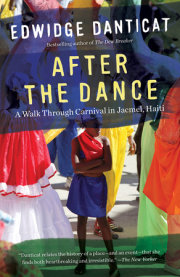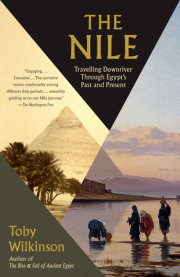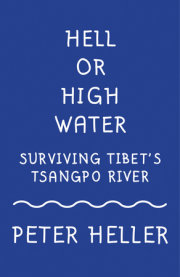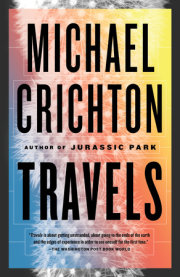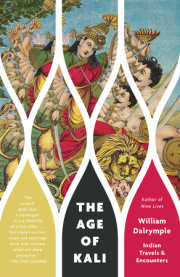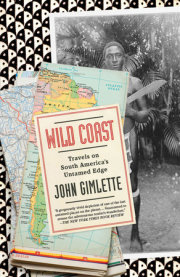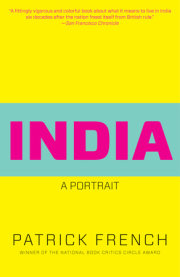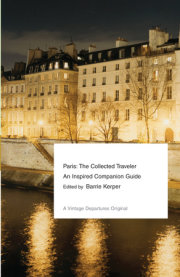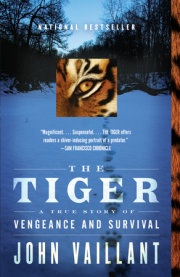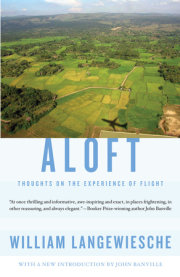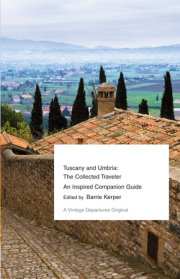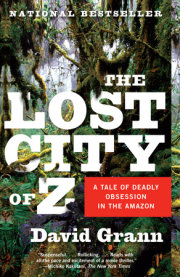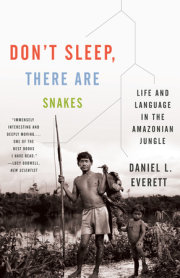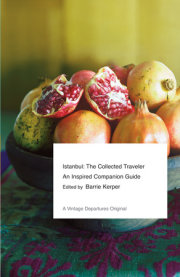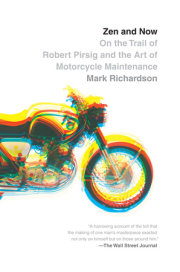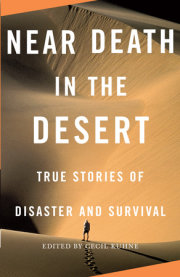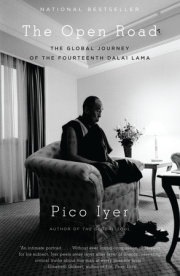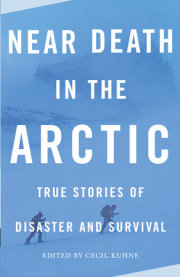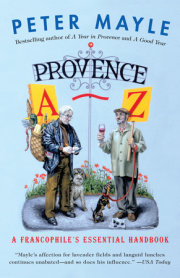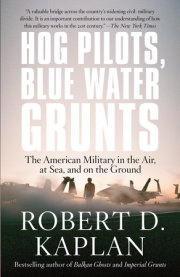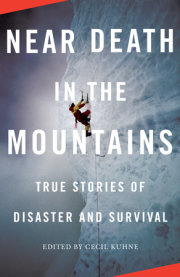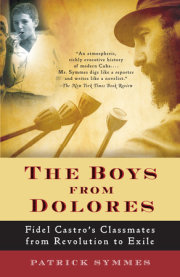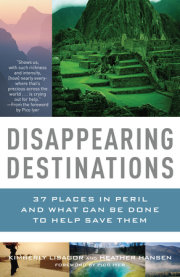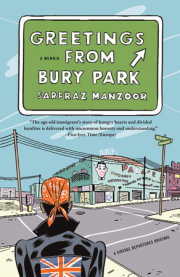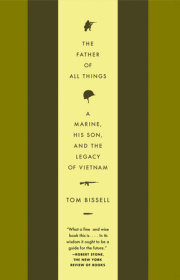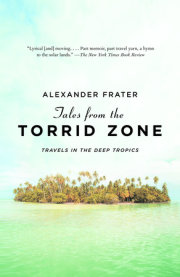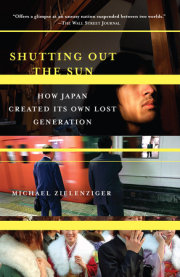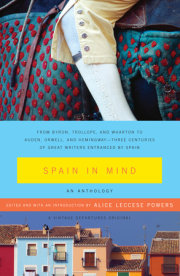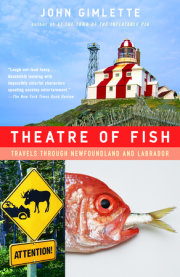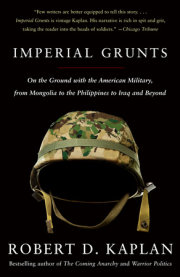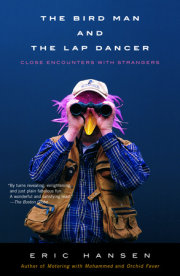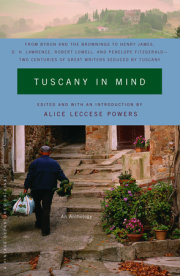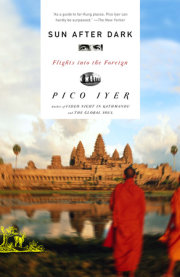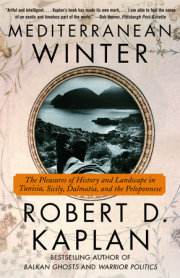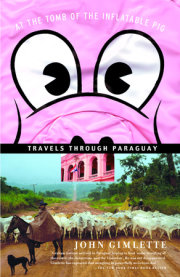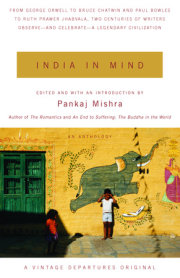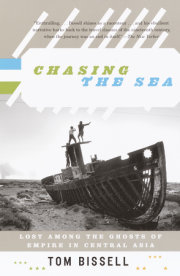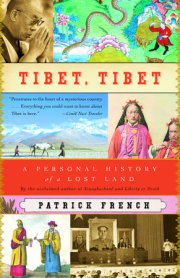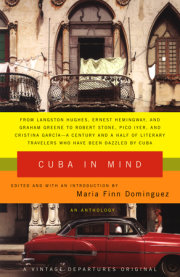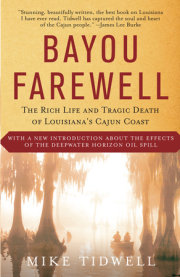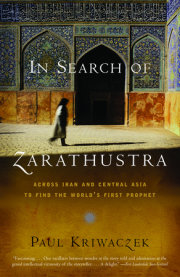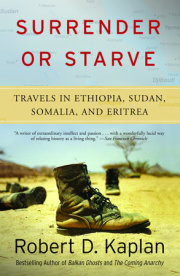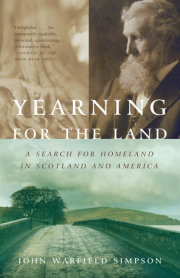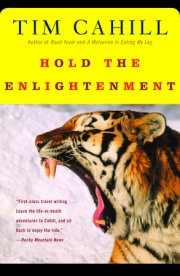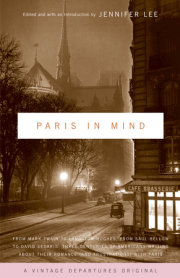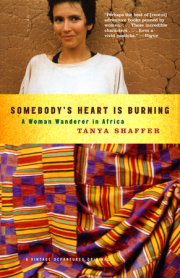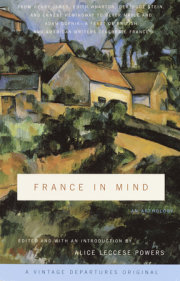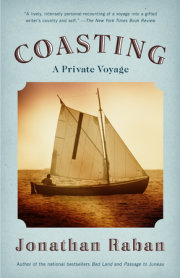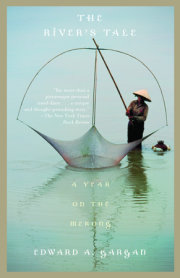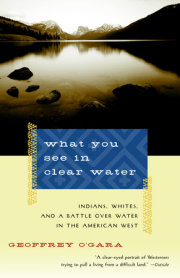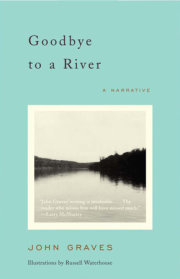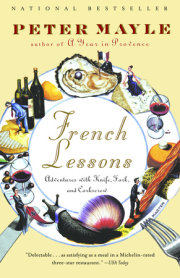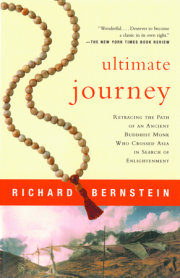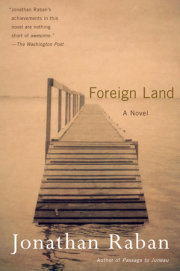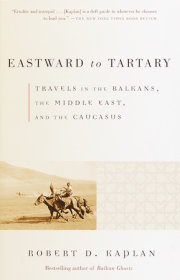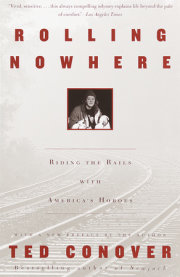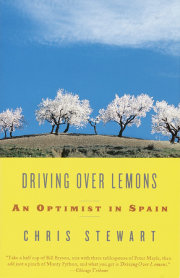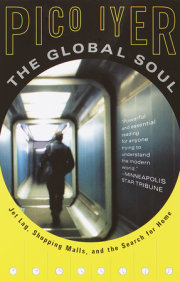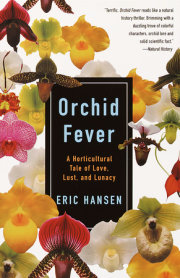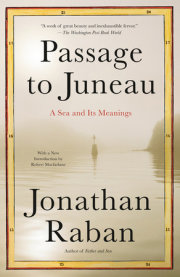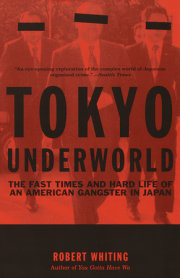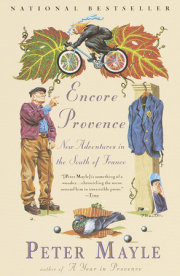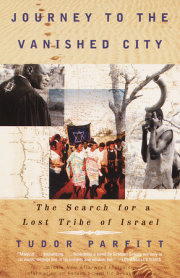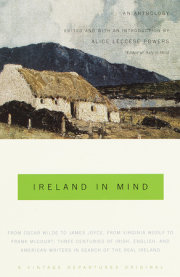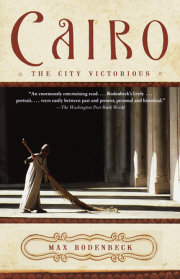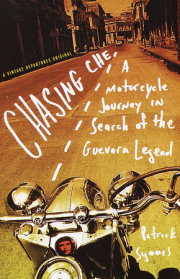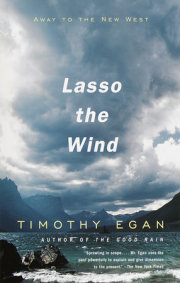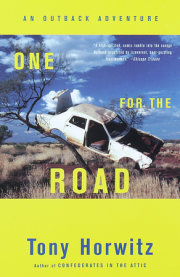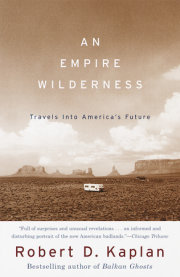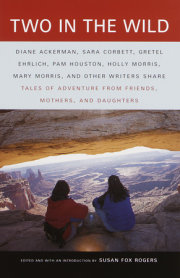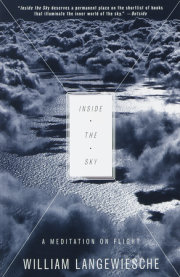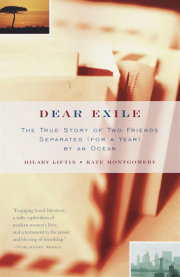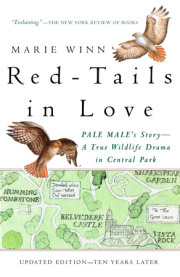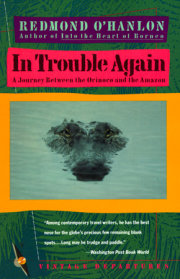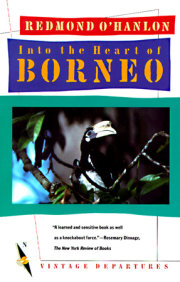Chapter 1
Redmond, you’ve got to get up here, fast. There’s a storm coming in, big style! I have the satellite maps. Force 11, maybe more. Straight for Orkney. And Jason, the Norlantean skipper—he’s called on Cellnet. He’s north-west of Shetland. He says the weather’s horrendous. And getting worse. Perfect! Just what you wanted! He says we sign on at Scrabster, Saturday, two days’ time, 7 a.m., no later. OK? Good. So pick me up at home—19 Pilot Square, Fittie. Be there! And remember—nothing green.”
The speaker was Luke Bullough, probably the toughest (and certainly the most modest) young man I’d ever met. A biologist at the Marine Laboratory, Aberdeen, a member of the Aberdeen lifeboat crew, he was a man with a vast experience of the real sea: as a research diver in Antarctica; as a Fisheries Patrol officer in the Falklands; on trawlers and research ships in the North Atlantic. Whereas me? Well, I’ve crewed very small sailing dinghies in races round plastic buoys in sheltered bays; and, oh yes, I almost forgot, I’ve taken passage on those cross channel car-ferries.
So this is it, I told myself, as I sat heavily down on the chair beside the telephone, by the front door of the small, snug, safe, warm house; by the door that let on to the ancient, stable, peaceful, comforting landscape of Oxfordshire. Yes, here’s the defining moment—the one telephone call you’ve spent nine months trying to persuade to come your way. And I know, I thought (my head, I’m ashamed to say, in my hands) I know—you were all set to spend six or eight months in the swamp jungles of New Guinea; and how easy, how deeply attractive that now seems—mere rainforest, something you really do know about.
But a year ago, my daughter Puffin, then twelve, became so ill she had to spend five months in the Oxford hospital for children—and her wise National Health Consultant Mary Ellis (she’d seen it all before) said to me: “Redmond, no; you are so wrong; fathers do matter; and no, you can’t disappear for eight months, not now—and, if you do, you may well have your daughter’s death on your conscience.” So I brought forward a secret, passionate project that I’d been saving for my Zimmer-frame old age: The Wild Places of Britain. And then months after the contract was signed, it dawned on me (a dawning horror) that yes, hang on, wait a moment, it’s not that absurd, there really is a wild place in Britain, wild in world terms, wild however you look at it; and it’s called the deep sea; the continental shelf edge, the abyssal plain, the British North-east Atlantic.
A slow image of an imagined fear came back to me: eight-years-old, on a family holiday in Orkney, standing on the cliffs in a wind that you could lean against, looking out to sea, my father handed down his binoculars: “Look at that,” he said. “And remember. Those men, they don’t know it, but they’re brave.”
Through the magical device, the lenses that let you make friends with the most distant birds, I got spookily close to a big blue trawler—one moment it was there on the upthrust of a wave, the next it was gone, surely for ever, into the trough. To be on that boat, I’d thought—and being there became a recurrent childhood nightmare—to be there, that’s what fear must mean, that’s what fear is.
Eight years later, all of sixteen, after a tour round southern Ireland on my first motorbike, a 250cc. Royal Enfield (“Redmond O’Hanlon? The name is right! Young man—that’s a shilling off t’bill”) I decided to confront the horror. In the little fishing-port and ferry-terminal of Rosslare I signed on, as cabin-boy and apprentice deck-hand, on a trawler. We’d put to sea tomorrow. I sent a telegram to my parents. running away to sea stop please collect motorbike fishguard stop.
There might be small objections, I could see that—minor nonsenses like university entrance exams to be sat at school (for heaven’s sake), but this was a job, the real thing at last, a grown-up life. But it’s true, there were small worries: the kettle in the galley, for instance, the kettle that was to be my main responsibility, well, it was black and big: I’d no idea that kettles could grow so big. And my top bunk in the crew’s cabin—it was so short that you could only lie in it if you rolled up tight as a wood-louse: and down below, in the well of the airless space, the two enormous men who, in the dockside bar, had said yes, of course I could join, were now lurching about, too drunk to do much damage, knives out, attempting to settle some dispute.
In the morning, I was glad to see, they were asleep in situ, one half-on-top of the other, both snoring; and I was even more glad to see, as I was escorted from the boat, the members of my rescue party, each holding an overnight telegram from my parents: an officer of the Garda (the Irish police); a patrolman from the AA (the Automobile Association); a patrolman from the RAC (the Royal Automobile Club). One police car, one yellow and one blue motorbike-and-sidecar were neatly parked on the quay. Eight days later, in a freak storm in the Irish sea, a trawler from the Rosslare fleet went down with all hands.
But for me, this time, I thought, well, of course, there’ll be no rescue. In Britain it’s illegal for trawler captains to take passengers to sea (and with good reason, as I was about to discover). In every port the Fisheries Officers (among their more serious duties) make very sure it doesn’t happen. I owed my one opportunity to a chance meeting—in an otherwise deserted hotel, at the end of a desolate track in North Uist, the Outer Hebrides—with an alert, twinkly-eyed, tweed-dressed Englishman in late middle-age (I took him for a Duke, at least).
Dr. Richard Shelton, Director of The Scottish Office Freshwater Fisheries Research Laboratory at Pitlochry, said, “You’re writing a book?” (a young girl emerged from the kitchen, and no, she was sorry, the beer had long gone, but they still had a little cider) “The Wild Places of Britain? Including the fisheries? You’re sure, you’re serious? Yes? Then you must take a trip on one of our ships, our research ships. The Fishery Research Ship Scotia. She’s new, she’s beautiful. Leave it to me.”
And so it was that I’d passed my apprenticeship, a crash-course at the Fisheries library in Pitlochry, an instant graduation (it seemed I might be all right, pig-ignorant of course, but well meaning) to the Marine Laboratory, Aberdeen, to a physical-oceanography research cruise on the FRV Scotia along the Munken–Fair Isle standard section to the Faroes. And it’s true, I’d said to Luke Bullough—I met him on the Scotia—in a moment of misplaced happiness (the Scotia has one of the most sophisticated computer-operated U-tube stabiliser-systems in the world, and besides, there were birds everywhere, Sooty shearwaters off the beam, an apparently tame Great skua begging for fish-scraps at my feet): “Luke, my real ambition: it’s to go out on an ordinary commercial deep-sea trawler to the far north, at the very worst time of year. I must see what it’s like. And only you can help me.”
Never mind, I thought, getting to my feet, I can’t go now, not this time. Eight hundred miles in two days? That is not possible anymore, not at my age. Not at 51. (And through the porch-window, in the small arc of light thrown by the outside lamp above the front door, I could see that it had begun to snow.) It’s January, for Chrissake! And nothing green? These absurd superstitions! Why—all the work-clothes I possess are green, or rather camouflage, or rather Disruptive-Pattern-Marking Tropical (woof-woof!), macho gifts, a long time ago, from the British Army Special Forces. But hang on, wait a moment—your family. It’s okay! They’ll protect you. They’ll refuse to let this happen!
I took the few paces to the left—drawing and re-drawing the two sets of velvet curtains which kept the outside world, the cold draughts, at bay—and entered the primal scene that no male should leave (all right: the rest of the family call it the big room but then of course they don’t understand): it was the warm-lit female cave: a place where nothing-bad-can-happen, a moment that ought to last for ever.
My wife of thirty-two years, Belinda (and she’d never looked more blonde and desirable) was sitting in her usual arm-chair to the right of the room (beside a glass case containing a stuffed weasel and stoat, trophies of long-dead Darwin, the cat), reading The Times. On the central patch of carpet my son Galen (ten) was assembling some extraordinarily complicated post–Star Wars space-vehicle from his kit of K-nex; my daughter Puffin (now thirteen) was doing her homework at the dining-table, under the Anglepoise lamp, tongue-tip extruded between her lips in concentration, her face far too close to the page.
“That was Luke,” I announced. “He seems to think I can leave tomorrow, at dawn. The Norlantean’s putting in to Scrabster. I can join on Saturday. Seven in the morning. It’s impossible!”
“The trawler?” said Galen, looking up, his face brand-new, a planetary lander mega-wheel in his left hand. “Cool!”
“Well done Daddy,” said Puffin, not raising her eyes from the page. “Well done.”
“At last!” said Belinda, dropping The Times to the floor. “Don’t worry about a thing—I’ll help you pack.”
“But . . . Luke said nothing green. And I have to leave tomorrow at six in the morning! And all my kit is green! It’s impossible. I can’t possibly do this thing! Not now.”
“Binoculars, cameras, boots,” said Belinda, moving towards the stairs. “Socks, trousers, pants, shirts—a hat. You must think logically. Bottom to top. And he’s right, of course—it’s ridiculous, it really is, you playing soldiers at your age. Of course you can’t wear green. Camouflage this! Camouflage that! Bergens and trousers and combat tape.” He’s right, it’s ridiculous.” You’re too old. Twenty-five years too old! So let me see . . . you’ll need to keep warm. It’s cold up there . . .”
Five hundred miles and one day later, in Aberdeen, on the dockside, I turned up a sidestreet in my little dark-green Renault Clio and parked beside one of my favourite hotels: the St. Magnus Court. A four-storey block built of grey Aberdonian granite, its front embellished with three outflung projecting turrets, a large one at each corner, a little one off-centre above the drainpipe, it distrusts all who enter. The ground floor is occupied by a betting shop to the left, a bar to the right; a sticker on the hotel front-door proclaims: this is a drug free zone. An electronic beam sets off a single stroke of an alarm bell as you step inside: Ping! (“a wandering psychopathic serial killer has just forced his way into this hotel”); there’s another half-way up the stairs: Ping! (“he’s on his way up!”); and, in front of the reception desk, there’s a third—but this one you can annoy by walking in a tight circle: Ping! Ping! Ping! (“My god, he wants to stay. We have a madman on the premises!”)
I checked into my large, tall, cheap, airy room, dumped my bags on the bed, and pinged my way back out to the street. The very next building to the left, low-slung, with a roof pitched like canvas on a tent, is the Lucky Boat Chinese Restaurant and Takeaway. So, in the empty restaurant, I pot-bellied-pigged myself on McEwan’s Export and crispy wanton, on Lucky Boat Special prawns-with-everything, on lychees and McEwan’s Export. I asked the young Chinese waitress, “Is it always this quiet?”
“No, no,” she said, insulted. “Last week we have knives! We have murdah!”
At three-thirty in the morning I drove east along the harbour: to my left stretched a long granite frontage of dockside pubs, ship’s chandlers, marine insurance agencies, the office of the Port Authority; to my right the oil industry ships were berthed, sometimes three abreast: oil-rig supply-vessels, oil-field exploration ships, lit by their security lights, their orange-and-white shapes a confusion of radar pods, scanners, helicopter pads, derricks, cranes, Eiffel towers of scaffolding. The road swung left by the entrance to the lifeboat sheds, and past (I thought) the massive blue-and-white bow of an ice-breaker, past derelict ship-building yards, past the high darkness of nineteenth-century warehouses and on to a wide, cobble-and-tarmac-patch street. I turned right, over a narrow granite bridge, and into an earlier world, Fittie.
Fittie is a village at the harbour-mouth, set against the sea. Arranged in a series of quadrangles like an Oxford college, its attached rows of small granite houses (three rooms up, three down) face into their squares, opening only on to their tiny, compressed reminders of safe, farm-labouring cottage Britain: each with its own central patch of grass, flowers, a garden shed. Yes, I know, I thought—these garden sheds were once fishermen’s bothies, huts built for the storage of nets and floats and lobster pots, but that’s the point: the men who lived here, the fishermen, the whalers (the men who gave Aberdeen its first oil-boom, whose hunting voyages lit these same lamps, the city, the country with oil)—and, especially, the pilots who, in their open boats, in all weathers, had to race each other to win the work on an incoming ship: why did they want to live like this? Were their small fortresses designed, like an Oxford college, sensibly enough, to keep quiet work in and political chaos, lawlessness, out? No, of course not, I thought, as I knocked softly on the door of 19 Pilot Square: this is far more interesting because it’s plainly psychological: no one who earns his living from the real chaos of the sea would want to look at it as he goes to sleep—no, these squares are defensive only in the mind; in here, it’s peace, the female, sex, the wife, domesticity, children, the deep rewards of life. Out there it’s . . .
“Shush! Quiet!” hissed Luke, index finger against his lips, easing the door ajar. “Quiet! It’s Ally—my new girlfriend. She’s special. She’s asleep. Don’t wake her. Quiet!”
Dressed in his usual blue-denim shirt and jeans, Luke yet seemed even more athletic, compact, intense (and, somehow, more apologetic) than I’d remembered him. I followed him down a short passage, a closed door to either side, and into the kitchen. “It’s Alison,” he said, making me a coffee. “You know—I told you. It’s so difficult, to choose, all that. And I hate hurting people. I really do. But maybe you can help me—you see, it’s like this: I think I’m in love.”
Copyright © 2006 by Redmond O'Hanlon. All rights reserved. No part of this excerpt may be reproduced or reprinted without permission in writing from the publisher.

